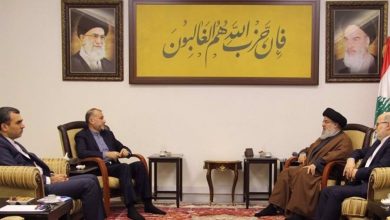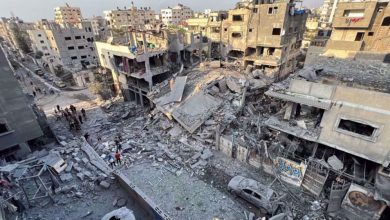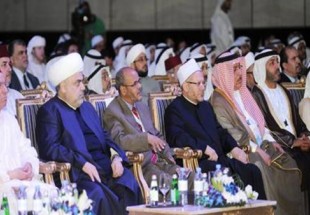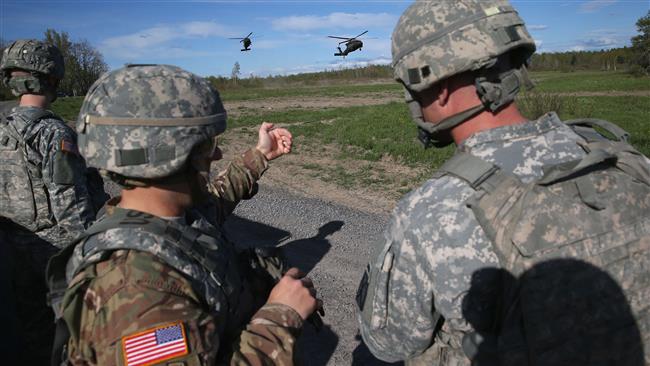President al-Assad to deputy ministers: Reviewing the State’s policies helps us to determine what is best for current and upcoming stage
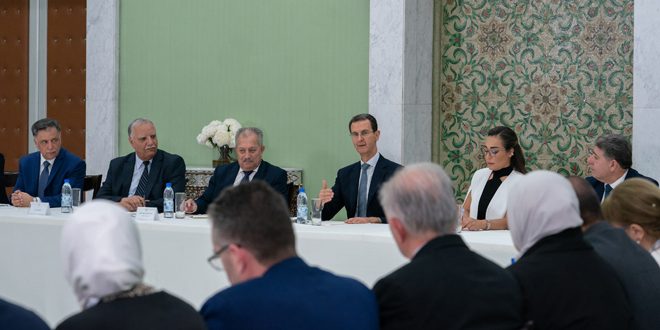
Damascus, SANA-President Bashar al-Assad affirmed that dialogue between ministries and institutions creates new ideas for building more feasible policies to serve society, and that this dialogue must take into account diagnosing problems, weaknesses and needs, without which we do not build sound sectoral or general policies.
President al-Assad said, during a dialogue with the deputy ministers who completed a training program on making specialized policies and their executive programmes, responding to sectoral challenges and addressing the problems that the government apparatus suffers from, “Research and discussion in sectoral policies are not correct unless we proceed from public policies and the identity of the State at the economic and service level and Education, health and other fields, as the identity of the state is what determines public policies, and the latter is what determines policy in every sector or field”.
 President al-Assad raised an initial point during the dialogue, as he noted the need to review the public policies of the state in terms of where they failed and where they succeeded, particularly this review helps us to determine what are the best policies for the current and upcoming stage.
President al-Assad raised an initial point during the dialogue, as he noted the need to review the public policies of the state in terms of where they failed and where they succeeded, particularly this review helps us to determine what are the best policies for the current and upcoming stage.
President al-Assad pointed out that the role of deputy ministers and their tasks is as a decisive element in the performance of ministries because they are the focal point between planning and implementation, and they contribute to policy-making and implementation as well. Therefore, the ability of assistants to perform their tasks with high efficiency raises the performance of ministries, institutions and departments and strengthens their economic, social and health functions in all sectors.
 The deputy ministers, in their turns , gave models and ideas for renewing sectoral policies according to their fields, addressing the challenges that stand in the way of their implementation, in addition to the necessity of coordination and networking among them, within the framework of the state’s public policy.
The deputy ministers, in their turns , gave models and ideas for renewing sectoral policies according to their fields, addressing the challenges that stand in the way of their implementation, in addition to the necessity of coordination and networking among them, within the framework of the state’s public policy.
The Prime Minister, Eng. Hussein Arnous, the Minister of Administrative Development, Dr. Salam Safaf, and the program trainers, Dr. Wael al-Halqi, Dr. Adel Safar, Dr. Amer Mardini, Dr. Tamer Al-Hajjah and Dr. Mamoun Hamdan, participated in the dialogue.H





